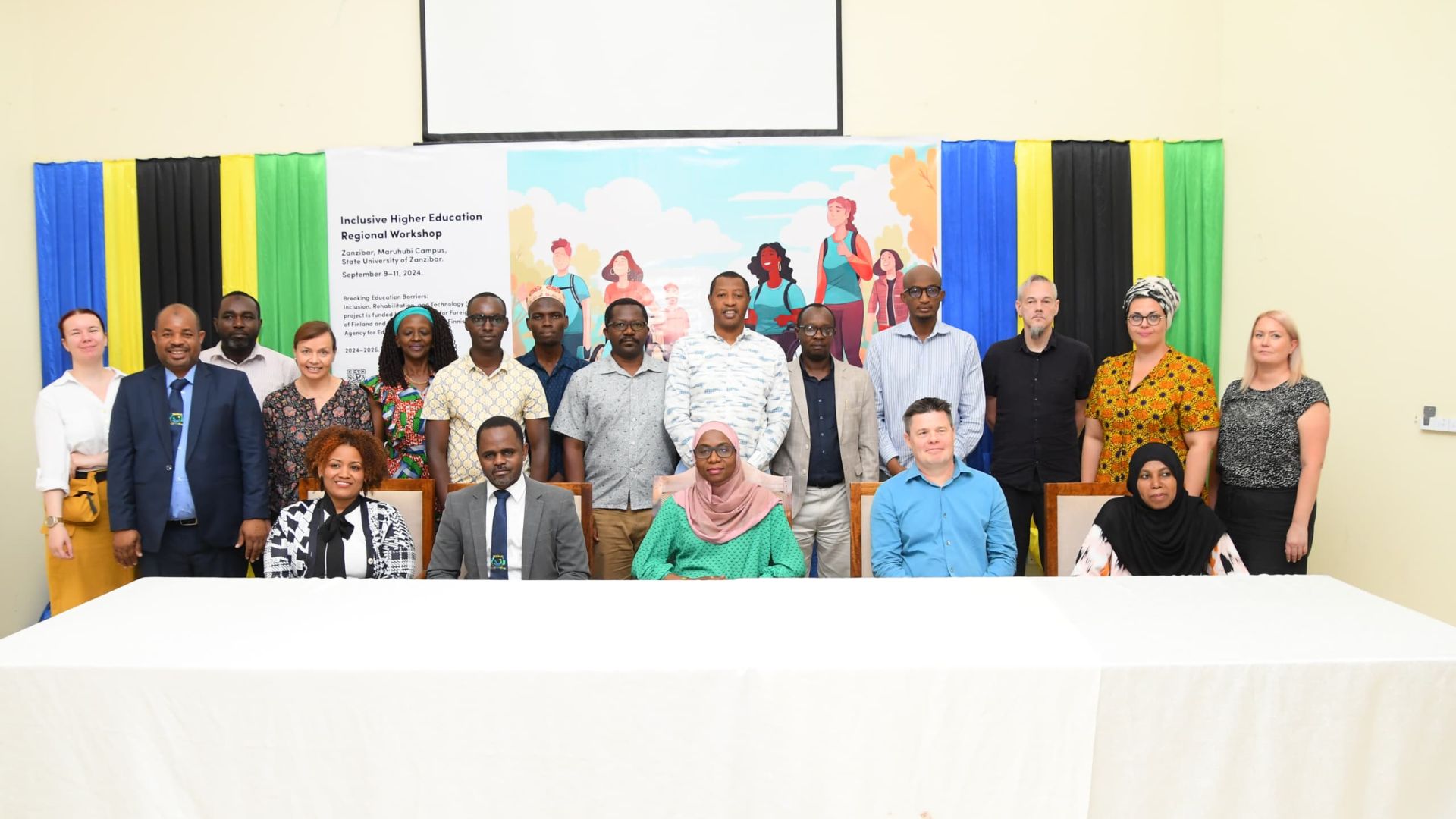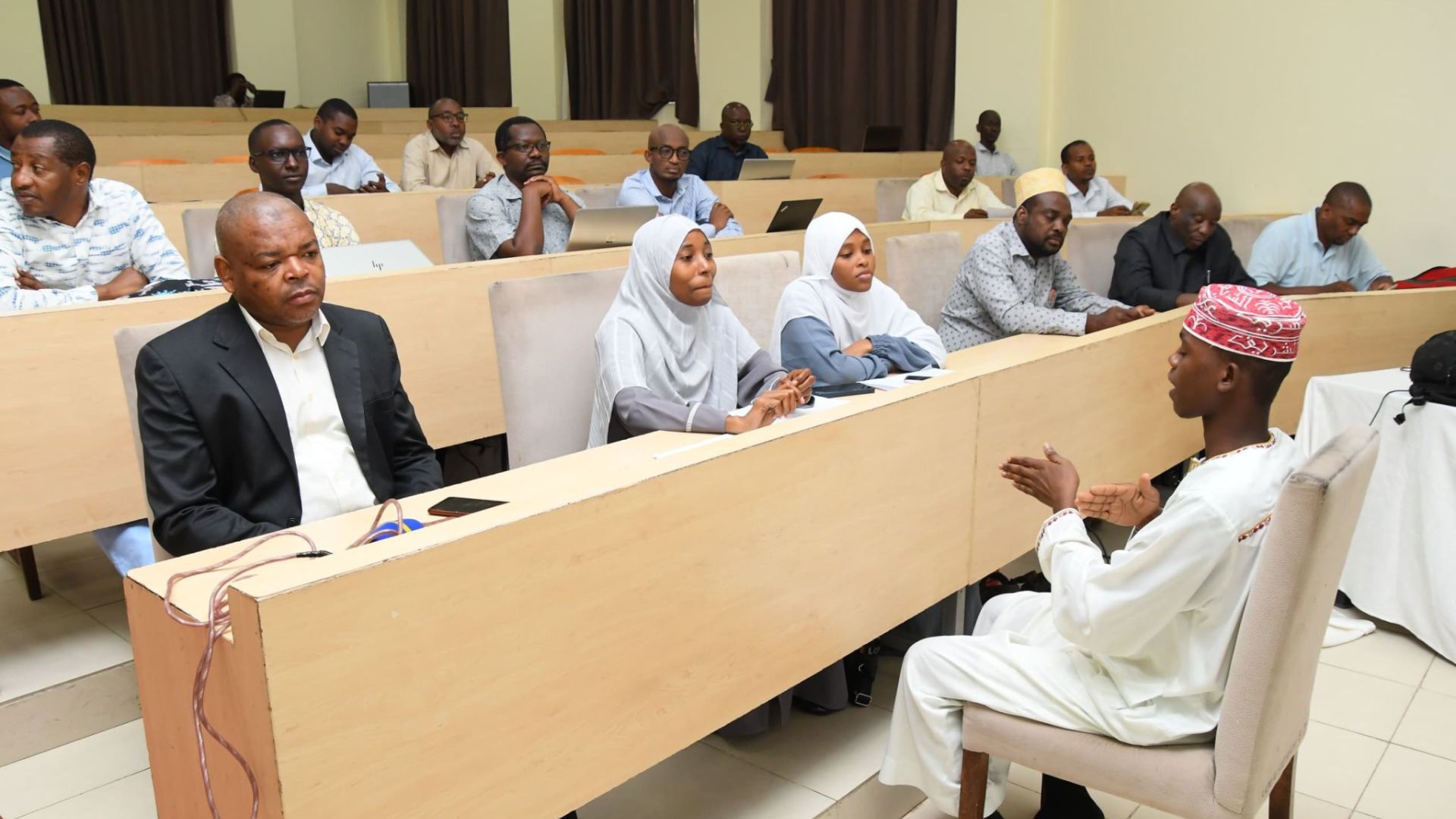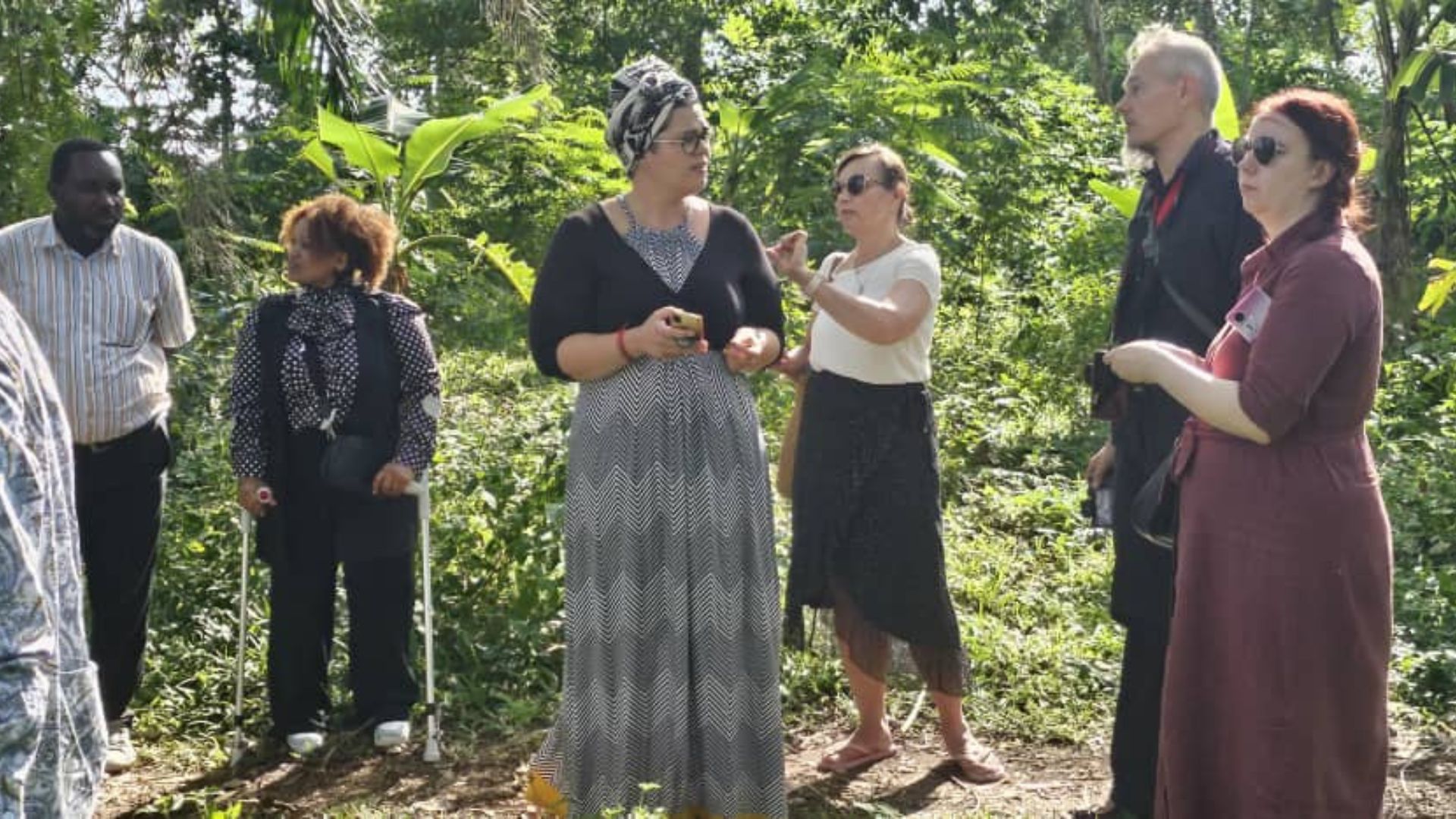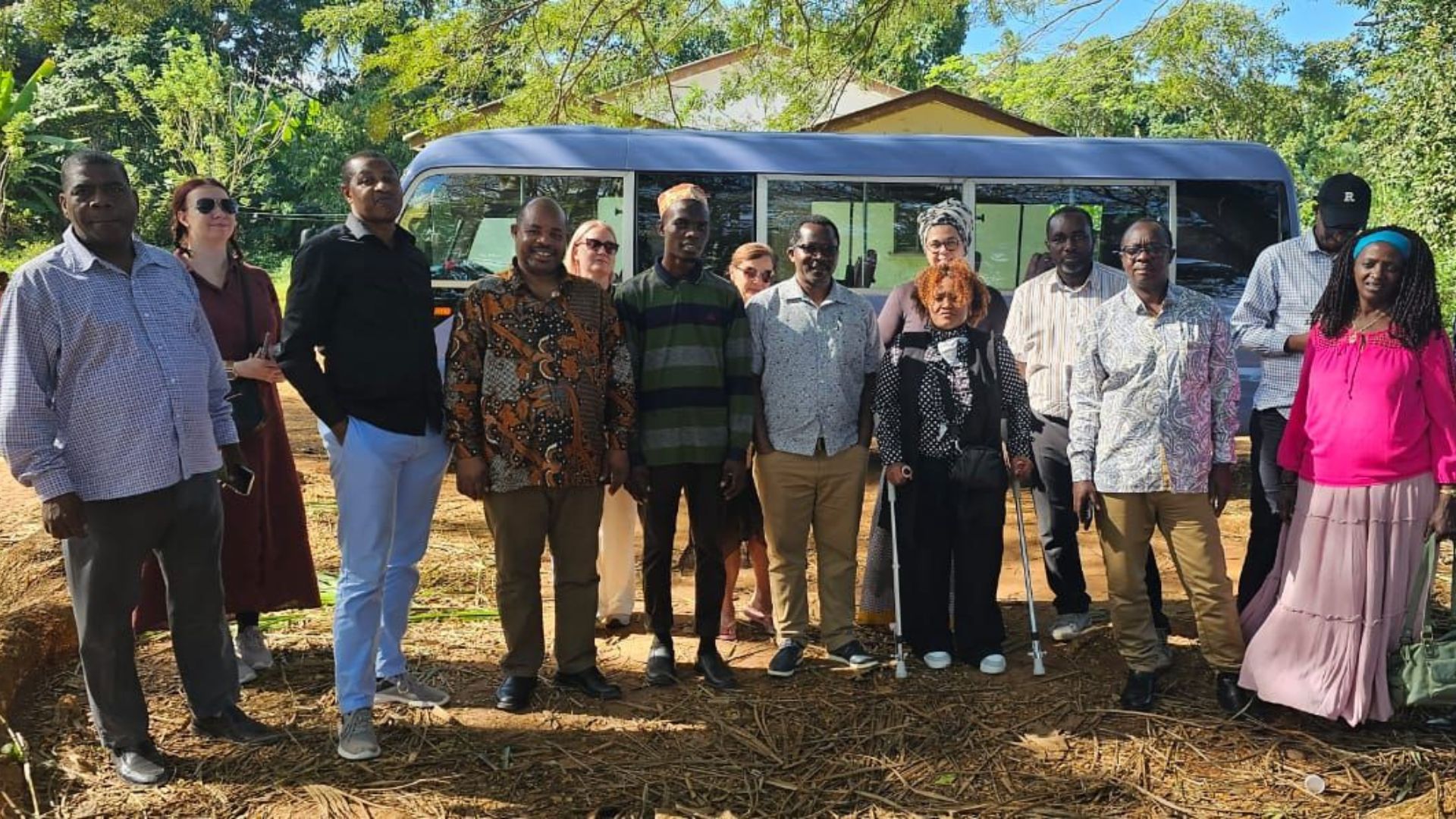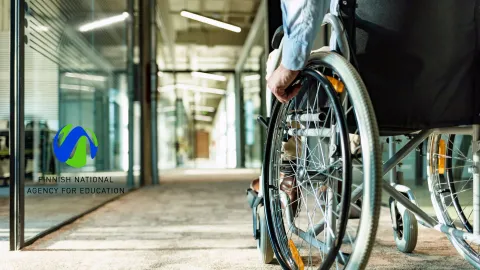The BERT Project Inclusive pedagogy workshop was held from September 9 to 11 at the State University of Zanzibar. The event brought together educators, disability advocates, and key stakeholders to advance inclusive education practices in higher education across East Africa.
The workshop opened with a powerful keynote from Ambassador Ms. Theresa Zitting, the Head of the Mission of the Embassy of Finland in Tanzania. She highlighted that inclusiveness and non-discrimination are central pillars of Finland’s foreign policy and development cooperation, guided by the United Nations Convention on the Rights of People with Disabilities. She emphasized that education is a fundamental human right that should be accessible to everyone, including people with disabilities. Ambassador Zitting reminded us that inclusive education empowers individuals and strengthens communities by reducing poverty and inequality. In her words, embracing diversity and inclusion, especially for those with disabilities, is a strategic advantage that fosters innovation and resilience.
Following this, Ms. Lela Mohammed Mussa, Head of the Ministry of Education of Zanzibar, delivered an insightful opening speech, stressing the importance of inclusive pedagogy. She spoke about creating learning environments where all students feel valued and supported regardless of their abilities. Inclusive pedagogy, she explained, is about designing curricula that reflect diversity and ensuring teaching methods cater to the different needs of all learners. This approach benefits everyone, enriching the overall learning experience.
One of the key presentations was delivered by Mr. Subhash Chandra Vashishth from the CABE Foundation (Centre for Accessibility in Built Environment Foundation) in India. He provided valuable insights into how to make physical spaces more accessible for individuals with disabilities. His presentation emphasized that an inclusive built environment is crucial for enabling people with disabilities to participate fully in education and society.
The workshop brought together a diverse group of participants, including representatives from BERT project partners—Tampere University, the State University of Zanzibar, and the University of Rwanda—as well as members of the Ministry of Education, disability organizations, students with disabilities, NGOs, and university academics from Zanzibar and across East Africa. This collaborative effort focused on equipping educators and stakeholders with the tools and knowledge necessary to foster more inclusive higher education institutions where students with disabilities can thrive.
The BERT Project embraces a human rights-based approach to disability inclusion, aiming to eliminate prejudice and discrimination against people with disabilities. Funded by the Ministry For Foreign Affairs of Finland and administered by the Finnish National Agency for Education, the project ensures that inclusive education becomes the norm across the region.
Key Highlights of the Workshop:
- In-depth discussions on disability and inclusion strategies to break down societal barriers.
- Practical strategies for fostering inclusive teaching and learning, focusing on accessibility in the built environment, digital accessibility, and the use of assistive technologies.
- Insights into Finland’s best practices in educational inclusion.
- A special visit to an inclusive school in Zanzibar, offering a real-world perspective on the experiences of students with disabilities.
We are striving towards a future where no one is left behind. The BERT Project continues to advance inclusive education and ensure that all students can learn, grow, and contribute to society regardless of their abilities.
We are grateful for the enthusiasm and dedication of all participants and look forward to continuing this important work.
